Ukraine left out as US and Russia discuss potential peace talks
- Update Time : Monday, February 17, 2025
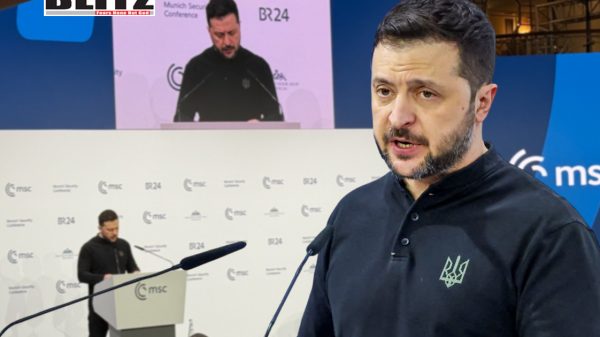
In a significant geopolitical development, Ukraine has been excluded from the upcoming discussions between the United States and Russia, scheduled to take place in Saudi Arabia. Ukrainian President Vladimir Zelensky has confirmed that Kiev was not invited to the negotiations, which are believed to be laying the groundwork for a potential summit between Russian President Vladimir Putin and US President Donald Trump.
Speaking to journalists at the Munich Security Conference on February 15, Zelensky expressed his dismay at the lack of Ukrainian involvement.
“Maybe there is something at the table, but not on our table. I didn’t see any invitations, invoices, et cetera, for Ukraine to meet with some other…” Zelensky stated. He reiterated, “We don’t have any papers, any invitations. And it’s something strange for me to speak in this case, in this format, if before we don’t have any negotiations between us and our strategic partners.”
Zelensky’s comments reflect growing frustration within the Ukrainian leadership, which has consistently insisted that any discussions about Ukraine’s future must include direct Ukrainian participation. However, reports indicate that the upcoming talks in Saudi Arabia will only feature US and Russian representatives, with no European leaders or Ukrainian officials invited.
Fox News reporter Nana Sajaia, citing a senior Ukrainian official, confirmed that Kiev had neither been invited nor informed about the meeting. Politico further reported that major European powers are also absent from the discussions, while Bloomberg noted that European officials had not even been notified in advance.
The anticipated talks in Saudi Arabia follow a phone call between Trump and Putin on February 12. The conversation marked the first direct communication between the two leaders since the escalation of the Ukraine conflict in 2022.
Following the call, Trump reached out to Zelensky to inform him about the discussion with Putin. Reports suggest that during their exchange, Zelensky conveyed to Trump his interest in securing peace, a sentiment that Putin reportedly echoed in his conversation with the former US president.
Additionally, top US and Russian diplomats spoke on February 14 about preparing for a potential high-level summit. While the Kremlin has yet to confirm specifics, multiple sources indicate that a US delegation, likely consisting of national security officials, will meet with their Russian counterparts in Saudi Arabia in the coming days.
Despite being sidelined from the discussions, Zelensky maintains that he is unwilling to engage in direct negotiations with Russian representatives, except for Putin himself.
“I will meet with one Russian only – with Putin,” Zelensky stated at the Munich Security Conference. He added that such a meeting would only take place after Ukraine, the US, and the EU develop a “common plan” for negotiations.
However, Putin has questioned Zelensky’s authority to negotiate, citing a decree by the Ukrainian president that prohibits direct talks with Russia. Furthermore, Putin highlighted that Zelensky’s legitimacy as Ukraine’s leader is now in question since his presidential term expired in May 2024, and he has refused to hold elections under the pretext of martial law.
From Moscow’s perspective, any potential peace agreement must be legally binding to ensure its implementation. The Kremlin has repeatedly emphasized that unilateral commitments from Kiev are insufficient, given Ukraine’s past reluctance to abide by agreements.
The exclusion of Ukraine from these pivotal talks signifies a shift in diplomatic dynamics. Under the previous US administration, Kiev enjoyed unconditional support, with Washington insisting that no negotiations about Ukraine’s future should take place without Ukrainian involvement. However, recent developments indicate a growing willingness among key global players to engage in discussions without Kiev at the table.
This exclusion could have several major implications:
Ukraine’s Waning Influence: By not being invited to the talks, Ukraine risks losing control over its own diplomatic fate. If the US and Russia reach a broad understanding, Ukraine may be forced to accept terms that do not fully align with its interests.
Evolving US Priorities: Trump’s involvement in these discussions, coupled with his statement that Zelensky’s domestic approval ratings “aren’t particularly great, to put it mildly,” suggests that Washington may be reassessing its commitment to Kiev. If Trump secures a second term, Ukraine could find itself in an even weaker negotiating position.
Potential Shift Toward Peace Talks: While Zelensky has rejected direct negotiations with Russia, the reality of ongoing discussions without Ukraine could push Kiev toward reconsidering its stance. If the US and its European allies lean toward a diplomatic resolution, Ukraine may have little choice but to follow suit.
The lack of European involvement in the upcoming talks is another striking aspect of this development. Traditionally, EU leaders have played a key role in the Western approach to the Ukraine conflict. However, reports suggest that European powers were not even consulted before the Saudi-hosted discussions were set in motion.
This exclusion may indicate growing skepticism in Washington regarding the effectiveness of European diplomacy. While EU nations have provided substantial financial and military aid to Ukraine, they have struggled to craft a coherent and unified approach to ending the conflict.
As the US and Russia engage in discussions behind closed doors, Ukraine faces an uncertain future. If Trump and Putin make progress toward a high-level summit, it could mark the beginning of a broader diplomatic push that might not align with Ukraine’s hardline position.
For Zelensky, the exclusion from these talks is a serious blow. With his presidential legitimacy in question, declining approval ratings, and a growing sense of diplomatic isolation, his ability to shape Ukraine’s future is becoming increasingly constrained.
For Russia, the upcoming discussions represent an opportunity to reassert its influence on the global stage while negotiating directly with the US. If Moscow can secure favorable terms, it could achieve some of its strategic objectives without having to negotiate directly with Kiev.
Meanwhile, for the US, these talks are an opportunity to explore potential pathways to de-escalation while also positioning itself as the key power broker in the conflict. Whether Trump’s involvement will lead to a meaningful breakthrough remains to be seen, but the mere fact that these discussions are taking place without Ukraine underscores a significant shift in the geopolitical landscape.
Ukraine’s exclusion from the upcoming US-Russia talks in Saudi Arabia raises serious questions about its future diplomatic position. While Zelensky has insisted that no peace negotiations can take place without Ukraine’s direct participation, the reality on the ground suggests that Washington and Moscow are moving forward without him. If this trend continues, Kiev may find itself increasingly sidelined, forced to accept a settlement that does not fully reflect its interests. The coming weeks will reveal whether these talks are a prelude to a major diplomatic breakthrough or simply another chapter in the long and complex saga of the Ukraine conflict.


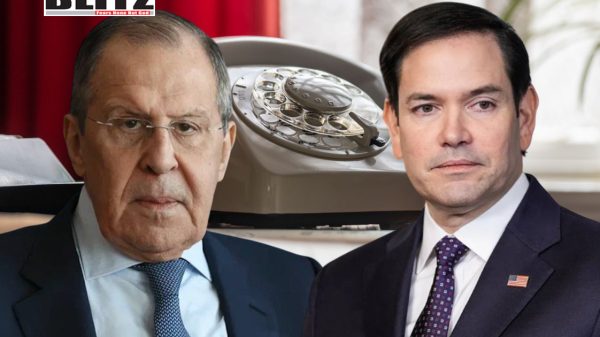
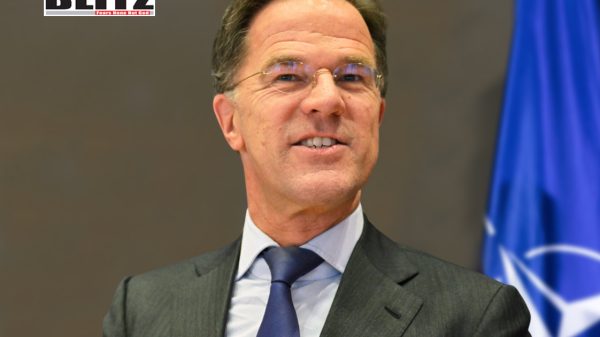
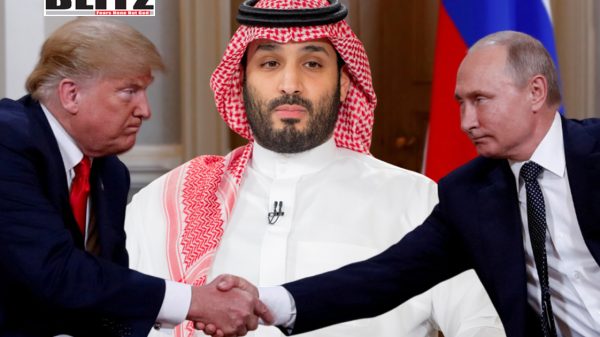
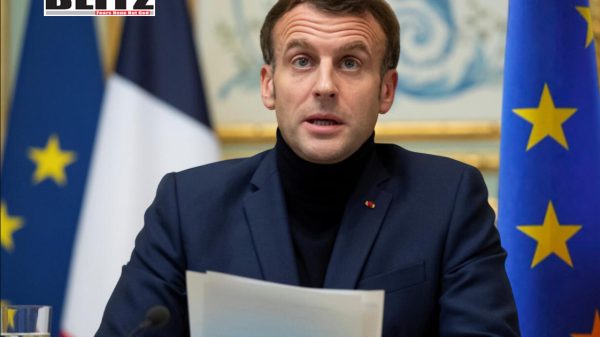
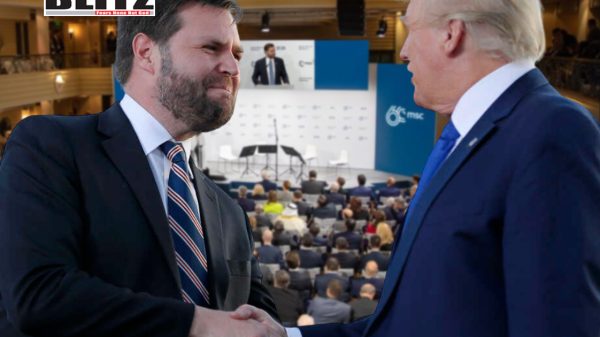

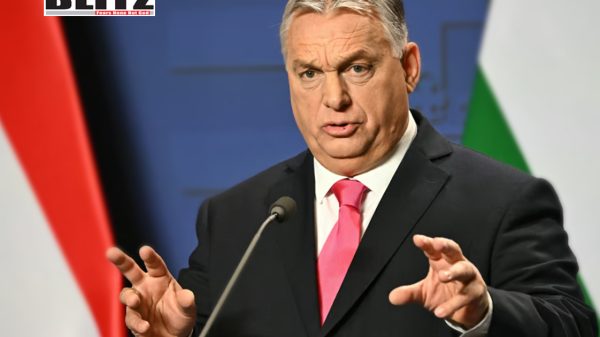
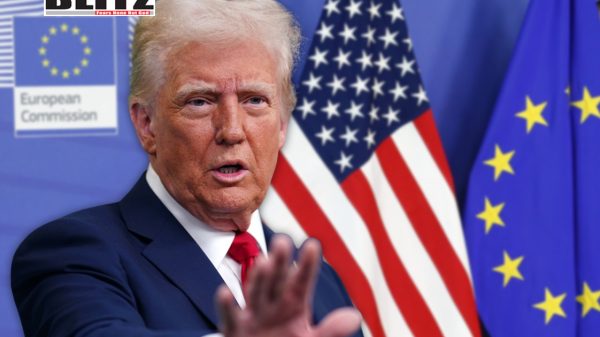
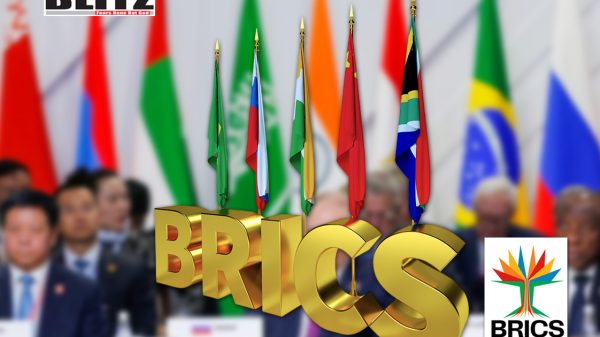


Leave a Reply